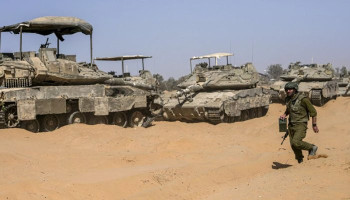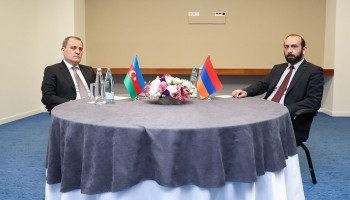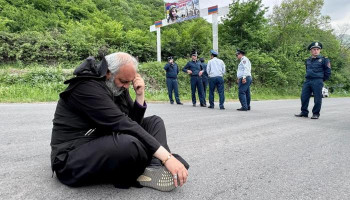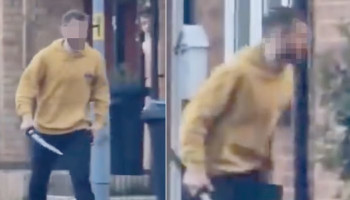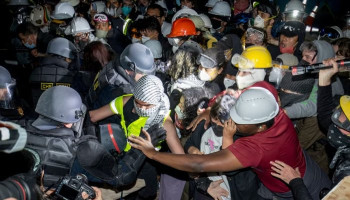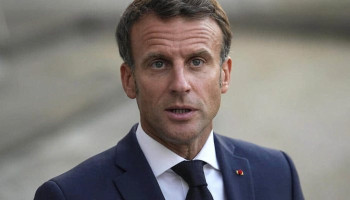EU Explores Russia Sanctions Options, Better Ties
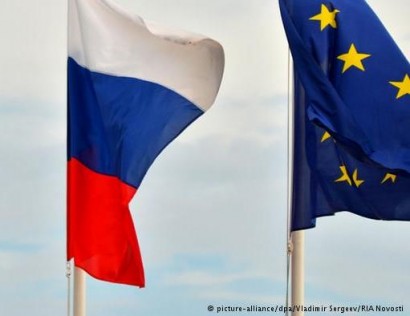 The European Union could significantly scale back sanctions and resume discussions with Russia on issues ranging from visa-free travel; cooperation with the Moscow-led Eurasian Economic Union; and the crisis in Libya, Syria and Iraq; if Russian President Vladimir Putin moves to end the crisis in eastern Ukraine, according to an EU discussion paper. While insisting the EU can’t return to “business as usual” with Moscow, the paper suggests the EU consider gradually normalizing many aspects of its ties with Russia in what would be a significant shift in relations. It says the change would depend on Moscow fully implementing the peace and cease-fire deals it signed with Ukraine, standing by its gas-supply agreement with Ukraine and throwing no fresh wrenches in the way of the EU-Ukraine trade and political pact. The paper, which hasn't yet been sent to member states, was prepared by the EU’s foreign-policy arm ahead of a meeting of the bloc’s foreign ministers in Brussels on Monday. While the paper aims only to generate points for discussion, it is the first serious effort by EU officials to look at scaling back tensions and lay out some of the carrots to win Russian buy-in. The document largely reflects the thinking of those in the bloc who believe that this is a time to lean towards dialogue not further pressure. No immediate decisions are expected from that meeting where the EU’s medium-term approach to Russia is the main item on the agenda. EU energy chief Maros Sefcovic will visit Moscow on Wednesday for discussions with top officials from the government and the state gas company Gazprom . The EU’s ties with Russia have been stretched over the Ukraine crisis. While top-level dialogue has continued over Ukraine and on regional gas supplies, the EU cut off contacts with Russia on a range of trade, energy and security issues after Moscow annexed Crimea. Despite divisions within the bloc, the EU imposed targeted individual and broad economic sanctions on Russia last year, one cause of the financial and economic downturn Russia has faced. The EU and the U.S. accuse Russia of supporting and supplying pro-Russian rebels in eastern Ukraine, a charge Moscow denies. However with some signs that the situation in eastern Ukraine could stabilize—or at least not deteriorate—there have been growing calls to seek ways out of the stalemate. Within days of taking office, European Commission President Jean-Claude Juncker met with Russian President Vladimir Putin at the Group of 20 leaders meeting in Brisbane, Australia. EU foreign policy chief Federica Mogherini has said that she will visit Moscow in early 2015 and insisted dialogue must be maintained. The paper raises the question of whether the EU needs “a more proactive approach,” including a series of possible trade-offs, to induce policy change from Russia. “Such a process would need to be selective and gradual, and commensurate with the degree to which Russia responds positively,” the paper said. It warns however that, further thought should also be given to initiatives to strengthen the bloc’s resilience to “further Russian pressure, intimidation and manipulation” in the energy, cybersecurity and aviation fields. The paper also urges reflection on how the EU should respond to Russia’s funding of radical EU parties and its propaganda efforts. |











